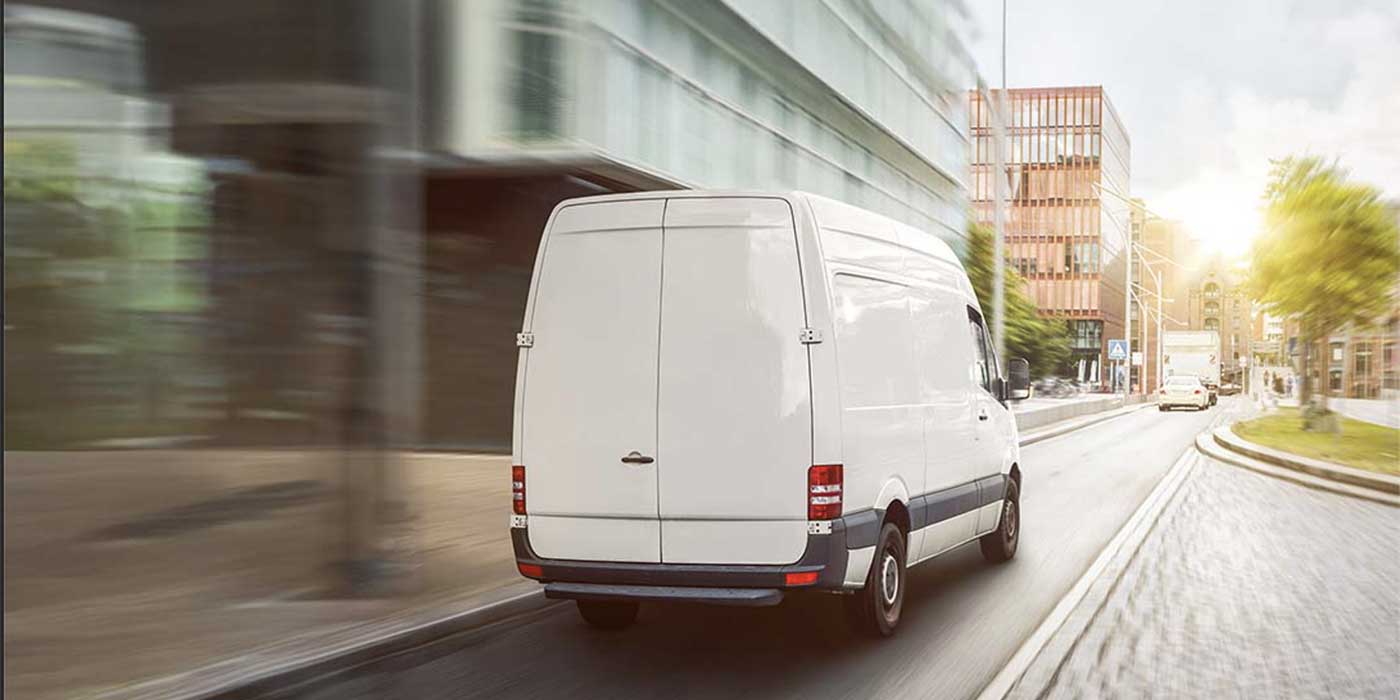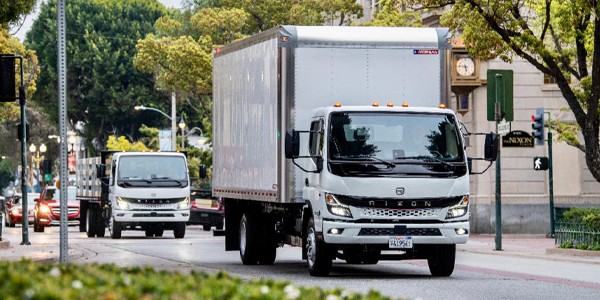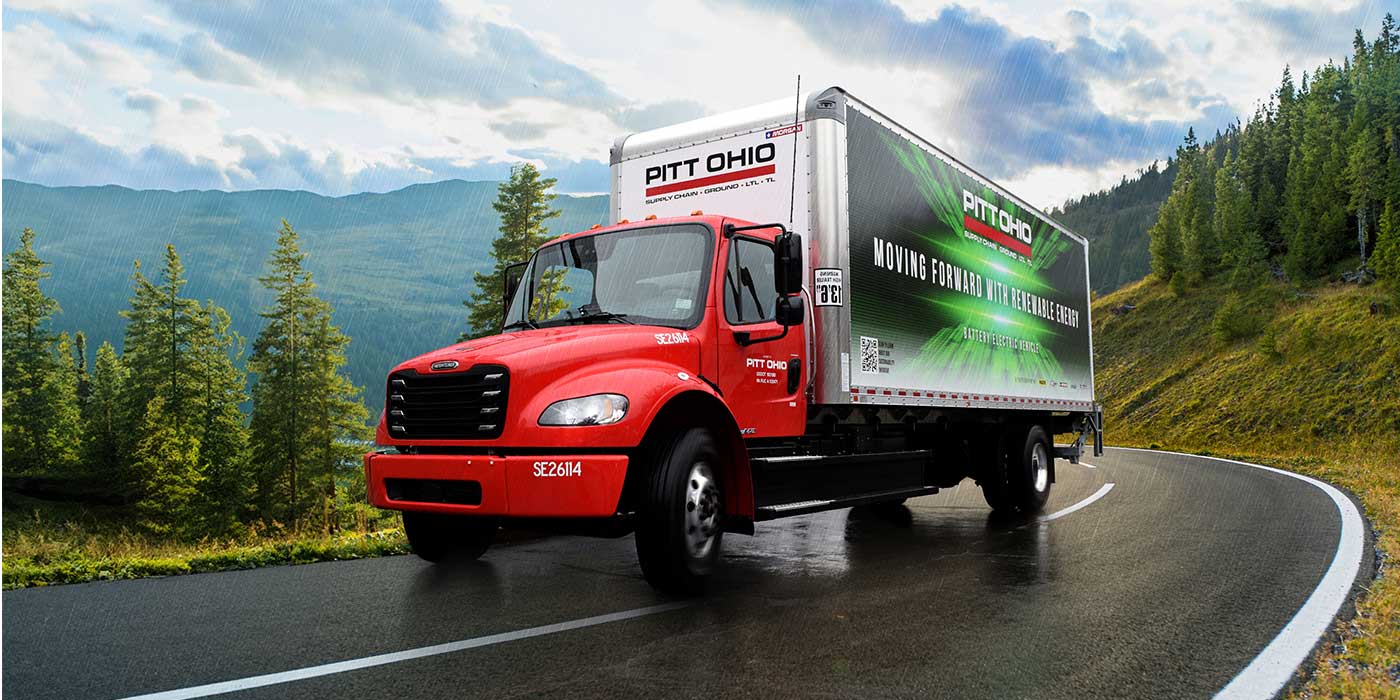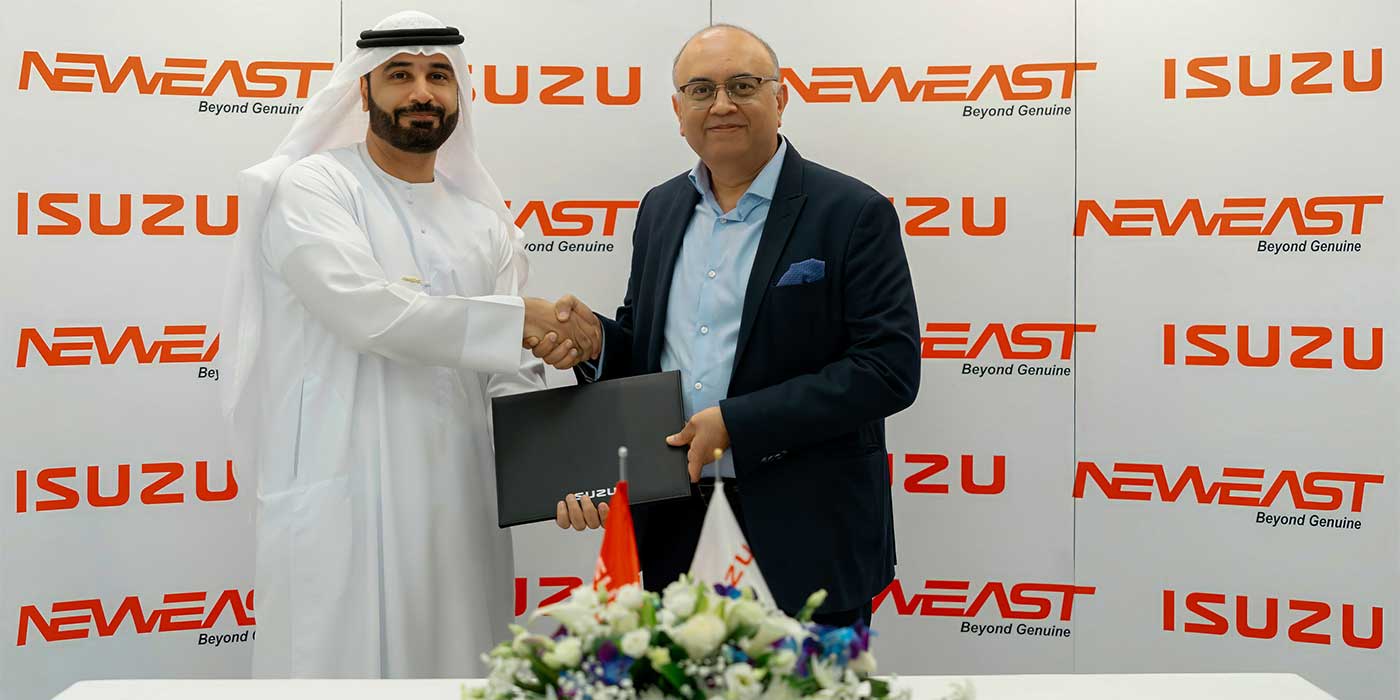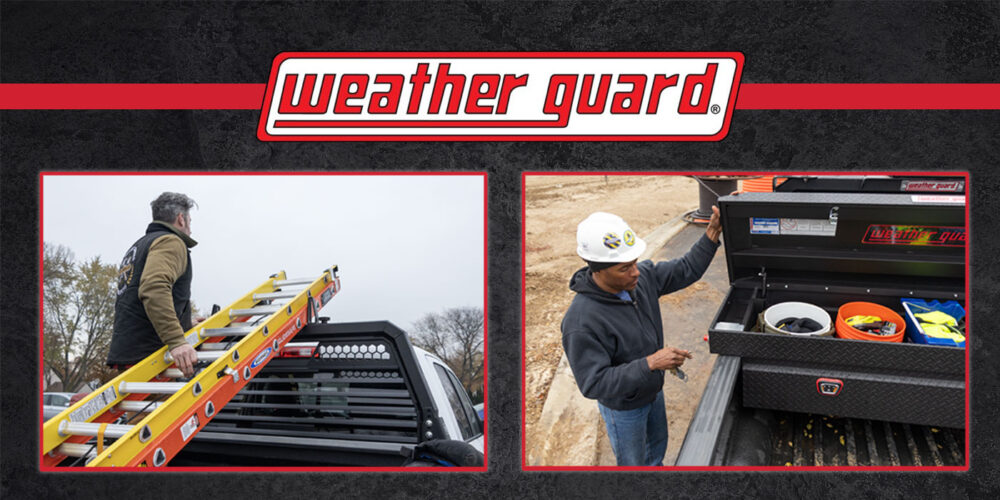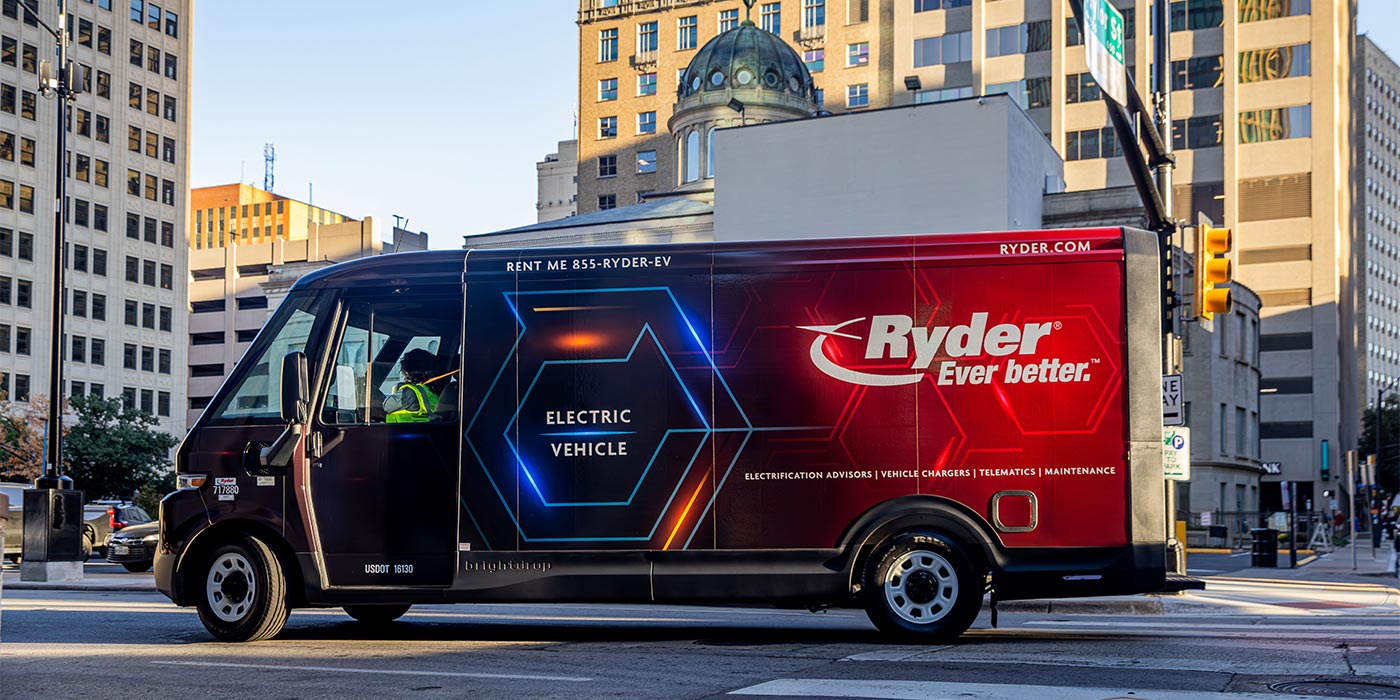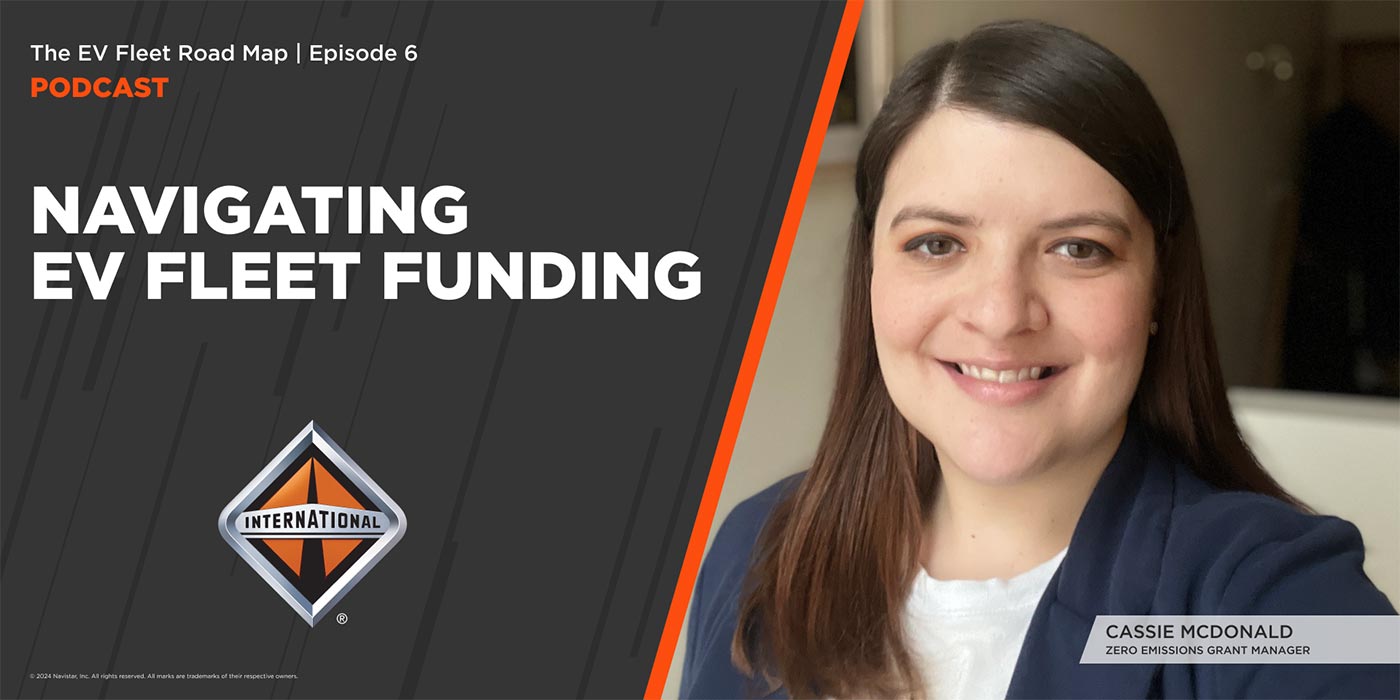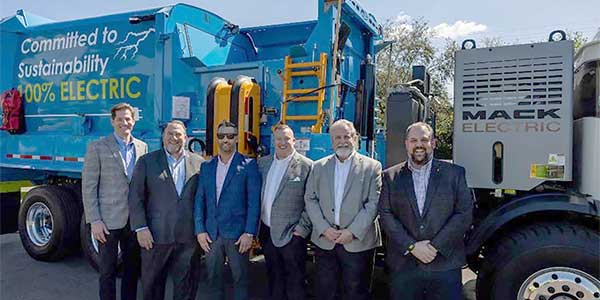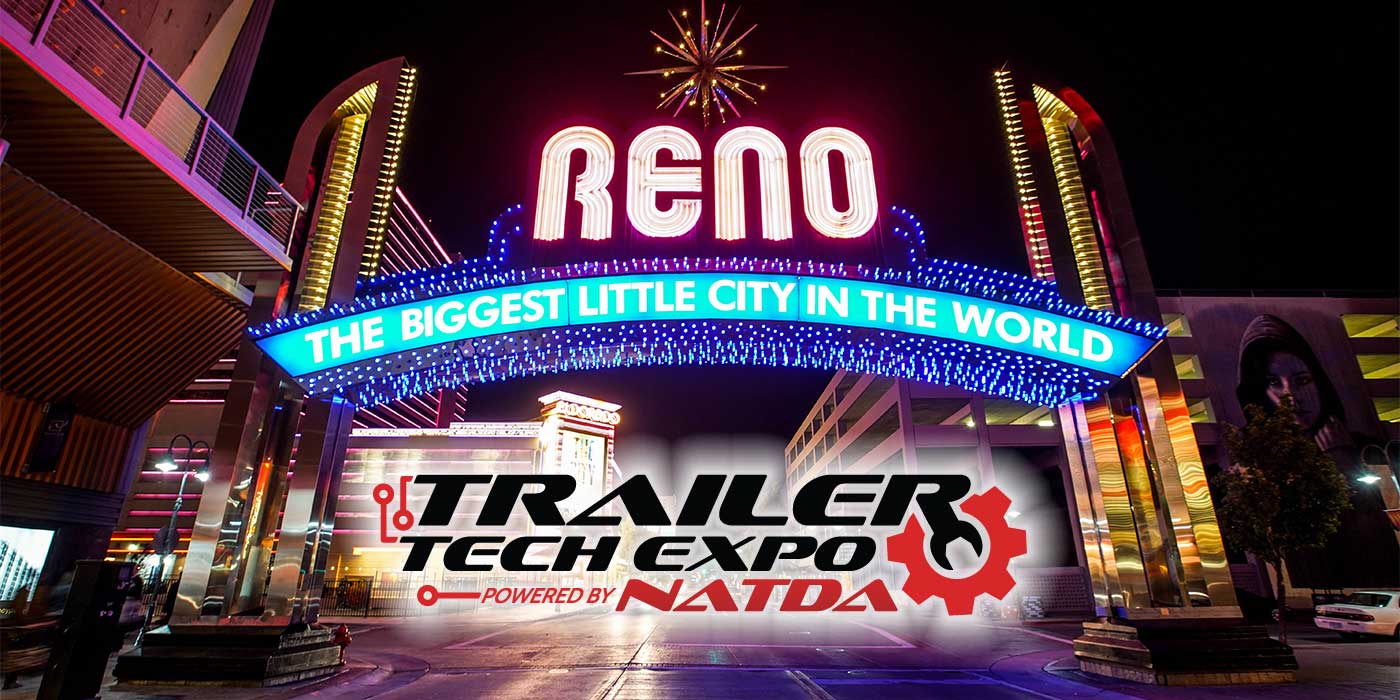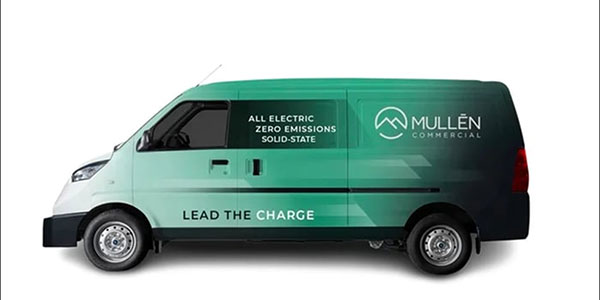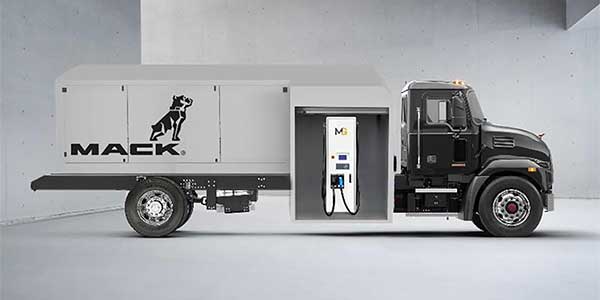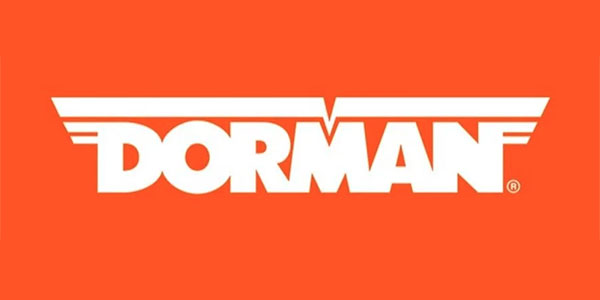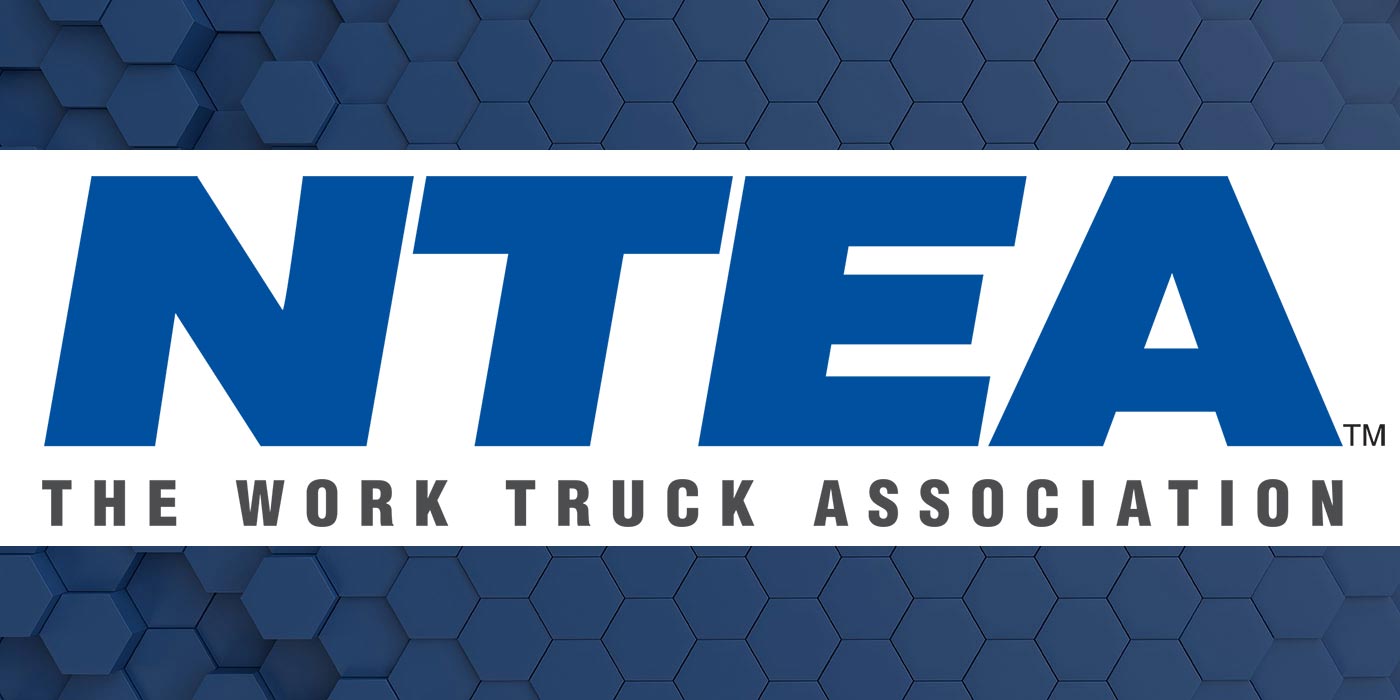UPS continues to make effective choices for fuel saving vehicle platforms. “Investment in alternative fuels and innovative research cuts costs, benefits the environment, creates American jobs and moves the country toward energy security,” said Mike Hance, vice president, Automotive Engineering and Operations at UPS. “It’s not the wave of the future, it’s what the present demands and what makes good business sense.”
Hance, at the time, was referring to a new partnership between UPS, the Atlanta-based global package delivery company, and the Electric Drive Transportation Association (EDTA). The association represents battery, hybrid, plug-in hybrid and fuel cell electric drive technologies and infrastructure. EDTA’s membership includes vehicle and equipment manufacturers, energy companies, techno-
logy developers, component suppliers and others.
Since the introduction of its first electric vehicles in 1935, UPS has consistently paved a path of innovation in the environmental and energy security arena. UPS’s overall alternative fuel fleet today includes electric, hydraulic hybrid, electric hybrid, propane and natural gas vehicles.
Aligning itself with EDTA is just one thing UPS is doing to field an efficient, reliable and durable fleet. Recently, the company ordered more than 2,121 gasoline-powered walk-in van (WIV) chassis from Freightliner Custom Chassis Corp. (FCCC) The order followed the successful deployment of a preproduction run of 350 FCCC gasoline-powered MT-45G and MT-55G chassis equipped with General Motors 6.0-liter V8 engines and Allison automatic transmissions.
The FCCC WIV chassis meet UPS’s requirements, the manufacturer noted, because the gasoline-powered models share the same platform as their diesel counterparts, meaning there is no compromise in durability associated with “less robust chassis typically used with gasoline engines.” The vehicles’ full-section steel straight-rail frame is capable of carrying up to 13,000 lbs. of cargo and can reduce flexing and bowing associated with the payload demands of a pick-up and delivery operation. Also, the common platform, including axles and suspensions, streamlines fleet maintenance and parts operations.
In addition to MT-45 and MT-55 diesel chassis, UPS also operates a number of alternative fuel vehicles from FCCC, including hybrid-electric and compressed natural gas chassis. For its part, the OEM continues to design and develop alternative-power technologies, including its plug-in, all-electric walk-in van chassis.
FCCC’s all-electric vehicle is powered by a 120kW drive motor and is equipped with a battery system that requires only six to eight hours to fully recharge and offers a range of up to 100 miles. Its ability to eliminate emissions and the need for fossil fuels could dovetail nicely with some of UPS’s stated environmental goals.
In its latest Corporate Sustainability Report, UPS detailed its plan for “Ground Fleet Efficiencies.” The annual report notes that “Carbon reduction in ground transport depends on two factors: mastering fuel efficiency for every type of vehicle used, and multiplying that mastery over as many vehicles as possible.
“We have spent decades developing the ability to maximize fuel efficiency for our vehicles as well as our drivers,” the report continued. “We believe this explains our exceptional performance in the EPA SmartWay program for the U.S. ground transportation industry, as well as the 10% aggregate improvement in miles per gallon (MPG) of the delivery vehicles in our U.S. Domestic Package segment from 2000 through 2009.”
The UPS report also noted, “Alternative fuel/technology vehicles offer increases in energy efficiency, though the economic investment required to realize those efficiencies remains high. At UPS, we therefore look at alternative-technology vehicles holistically, considering more than their cost and miles per gallon. There is a finite amount of petroleum-based fuel available from our planet, so it is important that UPS and other companies invest in ways to use alternative fuels and technologies.”
UPS stated that it firmly believes in maintaining a balance of smart vehicle choices and environmental stewardship, and in the words of Mike Hance, is taking steps “to work with industry and policy experts to explore every option and to solve one of the nation’s biggest transportation problems.”

